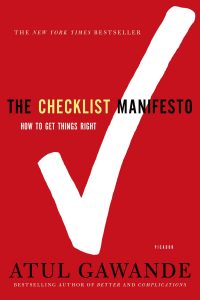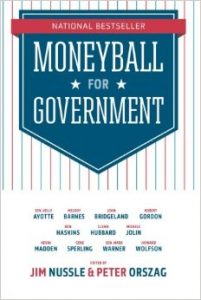Prejudice operates on anti-intellectual and non-philosophical thought – it is based upon unexamined societal customs and biases that persist across generations often in complete disregard of veracity and of rationality- and is therefore a mode of thinking that is unfit and ultimately detrimental toward the cultivation of a Great Society. Because prejudice has a tendency to be extreme in its discrimination, it ensures the oppression of “X” (a filler for any oppressed group) sect of society. If “X” sect of society is oppressed and silenced socially, the same oppression will become solidified through laws in state and federal dominions. Whatever decisions come about in society will not reflect the values or worries of the entirety of society, and thus tragically hinder efforts of progressive reform and social betterment.
White supremacists of today uphold similar antagonistic ideals that racists of earlier American eras did; by deliberately aiming toward the exclusion of non-whites from society/government-building processes, they deny minorities/marginalized people the ability to realize their true human individualities to become free and productive members of society. Racial supremacists’ fixation on the past and the comfortable loftiness white life held provides no impetus for positive or liberatory social change. The hatefulness in racial prejudice and supremacy is so narrow-minded in its goal to remain at the apex of the perceived social hierarchy, that progress is disregarded since their energy is instead focused on the continuation of oppression in hopes of maintaining dominance and the existing conceptions of normalcy. Considering that America is becoming less and less white, white supremacists lose whatever petty “virtues” (if they are even deserving of the word (they aren’t 8-) )) they held simply by constituting a majority.
A dream America, for racists, is one that is socially and intellectually stagnant and that has been rendered vulnerable to internal and international strife — it is naive and quite delusional to assume that
1. change will not arise in one way or another, i.e. violent revolt or outside intervention, and that,
2. other nations will display kindness or support, let alone wait for the United States to catch up to contemporary philosophical ideals of enlightenment, sciences, the human condition, etc.
The foreseeable future of a United States that is continually held back by racial prejudice is one of immense and avoidable failure.
Racial bias is incapable of fostering pragmatic philosophical thoughts that are necessary in keeping social and governmental conditions wholly relevant and effective throughout changing conditions and in perpetuity. When diversity is embraced, a society can draw from all sorts of experiences, cultures, and wisdoms to craft and, when the time comes, reshape a productive and intelligent community.







 In particular, the benefits of using statistical methods and mathematical modeling seem clear. Such groups as
In particular, the benefits of using statistical methods and mathematical modeling seem clear. Such groups as